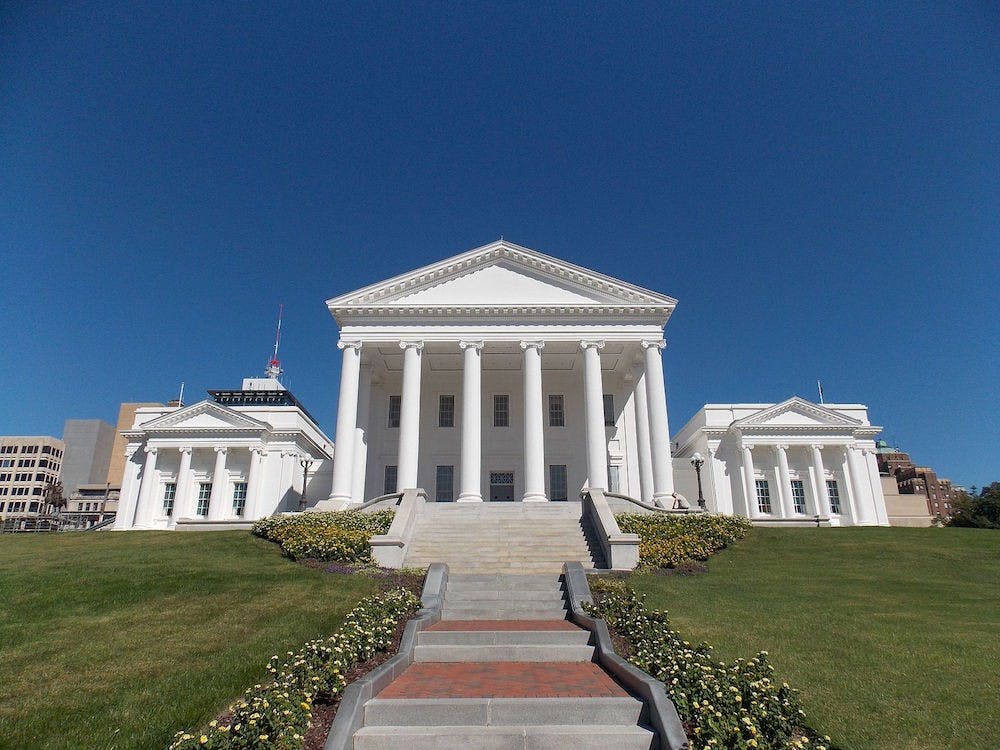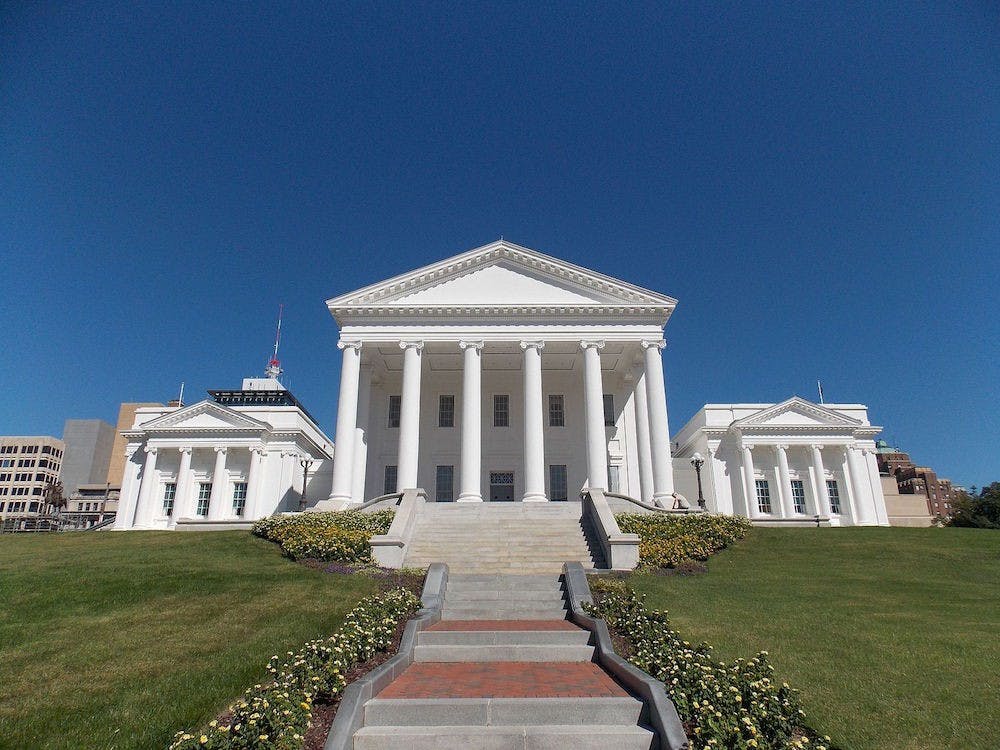This story originally ran on the Capital News Service.
The Virginia Public Access Project recently published its donor distributions for the Virginia House races, revealing differing trends between candidates running for the 73rd District seat.
Using data from campaign finance disclosures on file with the Virginia Department of Elections and lobbyist registrations on file with Virginia Ethics Council, VPAP published a comprehensive data visualization of each House of Delegates candidate’s funding sources in late September.
Del. Rodney Willett and Mary Margaret Kastelberg, who are both running for the 73rd District House seat, raised money for their campaigns through largely different methods, according to VPAP.
Willett, the Democratic incumbent, raised $565,150 for his campaign in the past 20 months with over half of his donations coming from individual donors.
The second largest source of his funding has been provided by single-interest groups, which the Virginia Public Access Project defines as non-business groups centered around ideology or social issues.
Single-interest groups have provided Willett with $127,950, which is 23% of his donations. Business donors are his next largest source of funding, supplying the delegate with $58,625 or 10% of donations.
The Clean Virginia Fund, a political action committee, is one of Willett’s largest donors. Clean Virginia, the advocacy group behind the Clean Virginia Fund, seeks to advance clean energy by fighting utility monopoly corruption in Virginia, according to the group’s website.
“Virginians deserve elected officials in the General Assembly who will challenge the armies of corporate utility lobbyists writing their own laws and regulations,” said Cassady Craighill, communications and advocacy director of Clean Virginia, in an email to The Capital News Service. “Del. Rodney Willet has proven he will advocate for ethical and transparent government and for an affordable and fair clean energy transition.”
Kastelberg, the Republican candidate, raised $259,775 for her campaign. Over half of her fundraising came through individual donors, but unlike Willett, her second biggest source of funding came from the Republican Party, Republican caucuses and Republican candidate committees.
Political donations only make up $40,392 of Willett’s funding and are his fourth largest source of funding.
One of Kastelberg’s largest donations was from the Spirit of Virginia Military Institute PAC, which historically contributes to Republican affairs, according to VPAP records. Matt Daniel, a representative of the PAC, said that they are in support of Kastelberg because she is in support of some of the same principles as VMI.
Enjoy what you're reading?
Signup for our newsletter
“VMI has been under assault from the legislature in Richmond,” Daniel said, “and we are trying to make sure that we have a more VMI friendly legislature in Richmond that makes sense, and that starts really with the House delegates.”
When asked about VMI’s principles and values, Daniel mentioned some of the reasons that VMI has been under fire recently.
“People should understand the very basic concept that VMI is a good place, and VMI is not a racist place,” Daniel said. “And it’s not a misogynist place or any discriminatory place. It’s a tough place to go to school. It’s tough for everybody, and it’s equally tough for everybody. So, the accusations there have been — that is not the case.”
An investigation in June by the State Council of Higher Education for Virginia revealed that VMI has allowed a culture of racism and sexism on its campus. Despite the investigation’s report, many still believe in the institution’s principles and values.
“Mary Margaret Kastelberg understands VMI, and agrees with us on that basis. We also support her because she’ll be good for the state, and she’s strong on education. She’s strong on law enforcement, and she’s strong on the economy and small businesses. So, all of those things are things that we stand for.”
Jatia Wrighten, a professor of political science at Virginia Commonwealth University, said that Kastelberg would have to depend on donations from the Republican Party.
“The Republican Party knows that Kastelberg has an uphill battle in order to win this election because she’s a challenger,” Wrighten said. “And so it makes more sense that the party is going to be her major donor because she doesn’t have these sorts of connections and networking.”
Not having been elected before could serve as both an advantage and a disadvantage for Kastelberg, Wrighten said, because single interest groups don’t know what to expect of her.
“The advantage is no one knows what she’s gonna do,” Wrighten continued. “No one knows what sort of policy she’s going to write.
“And so, you know, that may be an advantage to her because she can basically say whatever. But that’s a disadvantage in terms of trying to get single interest policy groups to donate to your campaign, because they could be saying, ‘Well, we don’t know if you’re going to be an effective legislator, and we don’t know if you’re going to be good at your job and being able to get the policies that we want passed.’”
Contact Capital News Service reporter and visual staff member Madyson Fitzgerald at madyson.fitzgerald@richmond.edu. Contact Capital News Service reporter and City & State editor Eileen Pomeroy at eileen.pomeroy@richmond.edu.
Support independent student media
You can make a tax-deductible donation by clicking the button below, which takes you to our secure PayPal account. The page is set up to receive contributions in whatever amount you designate. We look forward to using the money we raise to further our mission of providing honest and accurate information to students, faculty, staff, alumni and others in the general public.
Donate Now



